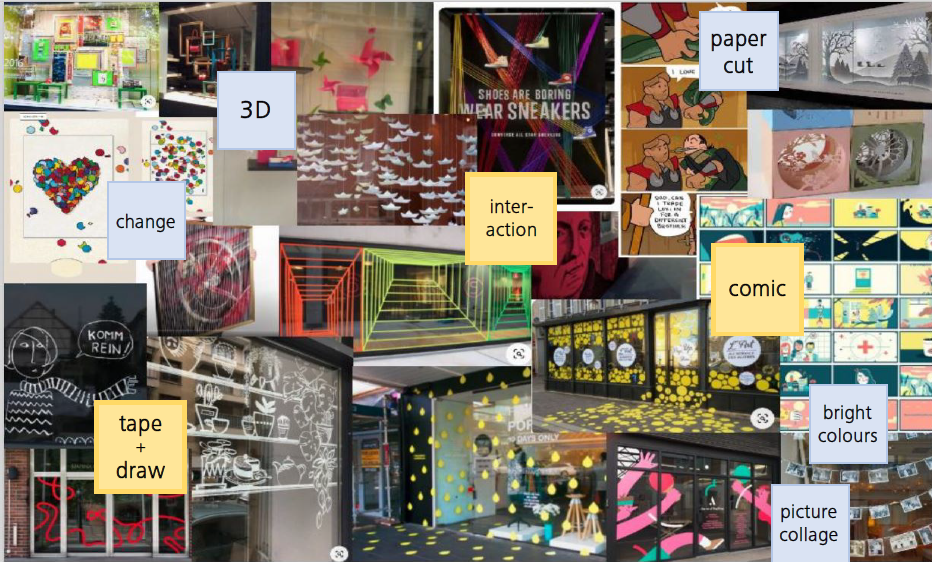CINEMA - Tools development for capacity building actions
26-07-2021
 One big part of the CINEMA project is to develop tools and concepts to strengthen the innovation process between the Creative Industries (CI) and urban economies. We focus on three challenges: revitalisation of empty floorspaces, revitalisation of retail in inner cities and establishing CI support centres. The tools we are working on have been developed with the help of Design Thinking Workshops and will respond to the different innovation levels and framework conditions in the DR:
One big part of the CINEMA project is to develop tools and concepts to strengthen the innovation process between the Creative Industries (CI) and urban economies. We focus on three challenges: revitalisation of empty floorspaces, revitalisation of retail in inner cities and establishing CI support centres. The tools we are working on have been developed with the help of Design Thinking Workshops and will respond to the different innovation levels and framework conditions in the DR:
1. Tools for assessment of floor space to develop a clear expectation for potential tenants and benefits as well as information and marketing tools for new target groups: e.g. mapping and analysis of the location itself as well as the needs of CI and event activities, a promotional competition for young creatives, an internship program, a students’ project on window displays or a homeowners’ consultation tool.
2. Cross-fertilisation tools for retail and small businesses to facilitate the cooperation with the CI, concepts and tools for municipalities to activate the potential of CI: e.g. an assessment tool for empty floorspaces, a tool for the establishment of a cultural and creative network or a “city vision implementation support tool”.
3. Business support organisations extend their SME support to the needs of CI such as customer care services, a business and legal framework, network and value creation in urban eco-systems: e.g. a competence center tool for creative entrepreneurs, a “Heroes in Residence” tool, a financial support and a young entrepreneur tool.
All three focus groups have agreed to work with the “Storytelling” tool which will help to simplify information on the potentials and key characteristics of the pilot projects, to prepare information in an appealing way which will create attention and identity as well as the promotion of emotional experiences.
The partners have been trained on their respective tools and will start to implement them in their locations. The intention is for them to become reference points in the Danube Region for urban regeneration and to be able to transfer the tools to other interested stakeholders in the DR and beyond.
Copyright Photo: HdM
